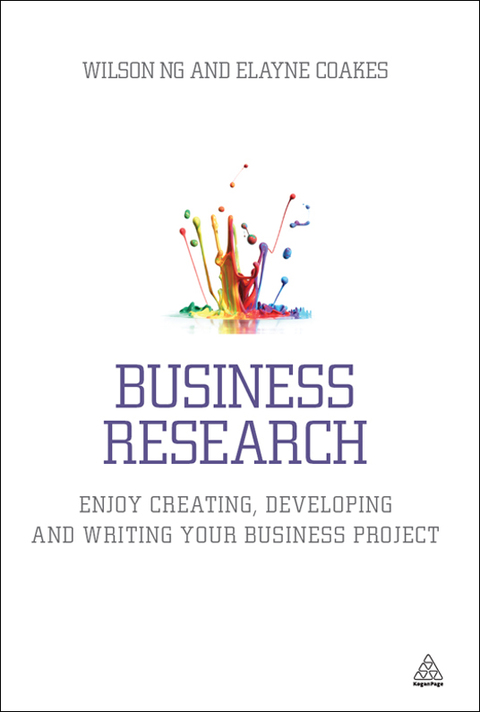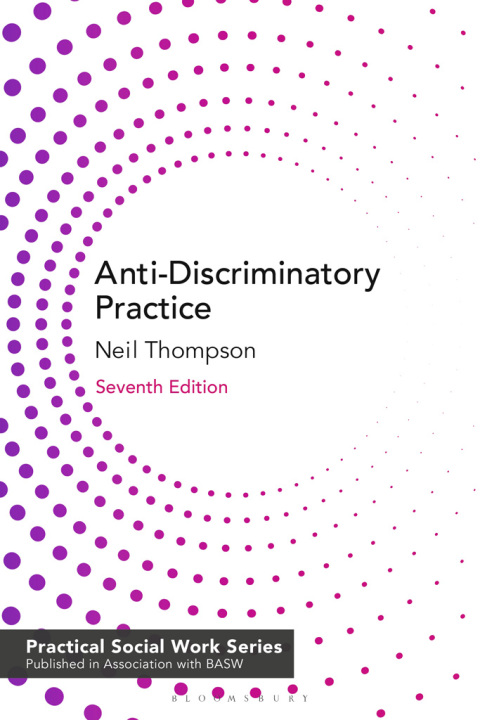Description
Efnisyfirlit
- Cover
- Title Page
- Copyright
- Contents
- Introduction
- PART ONE Planning your project
- 01 The nature of business research
- What is scholarly literature?
- How do I develop a good research question (RQ)?
- How may I use scholarly literature in my project?
- How may I use theory?
- 02 Methodology and methods
- What is research methodology?
- What has methodology got to do with research methods?
- How may I design my research?
- How should I use my ‘case study’?
- What research methods should I use for my project?
- PART TWO ‘Doing’ your project
- 03 The project proposal
- Project proposals
- Contents of a project proposal
- Critical and analytical thinking
- Prior planning prevents poor performance
- 04 Collecting quantitative data
- Finding quantitative data
- Secondary data
- Primary data
- Designing a successful survey
- Methods of collecting survey data
- Designing your questionnaire
- 05 Collecting qualitative data through interviews
- Interviewing types and design
- Focus groups
- Interviewing references and further websites
- Chapter appendix: Interview Protocol
- 06 Collecting data as an ethnographer
- Participant observation
- Non-participative observation
- 07 Case study research
- Objectives
- The case study
- Using deductive theory in case studies
- Cross-sectional case study design
- Longitudinal case study design
- Case study tactics adopted for design quality
- 08 Collecting data: less common methods
- Mixed methods research
- Social network analysis
- Action research
- Delphi method
- Participant and non-participant observation
- How to use crowdsourcing as a research tool
- How to use a repertory grid
- 09 Ensuring data saturation
- Validity of quantitative data
- Reliability of quantitative data
- Significance of quantitative data
- PART THREE Reporting your findings
- 10 Analysing quantitative data
- Measures of central tendency
- Measures of spread
- Some notes on statistical testing
- Variables: dependent and independent
- 11 Analysing qualitative data
- Coding text
- Checking
- Causal mapping
- Software for coding
- PART FOUR Writing your report
- 12 Discussing project findings
- Flawed reasoning
- 13 Conclusion to your report
- How to begin your conclusion
- Lessons to be learnt
- Recommendations
- 14 Reference lists
- 15 Writing your abstract
- 16 Conclusion
- Research question
- Knowledge of cutting-edge research and theory
- Research tools
- Index







Reviews
There are no reviews yet.